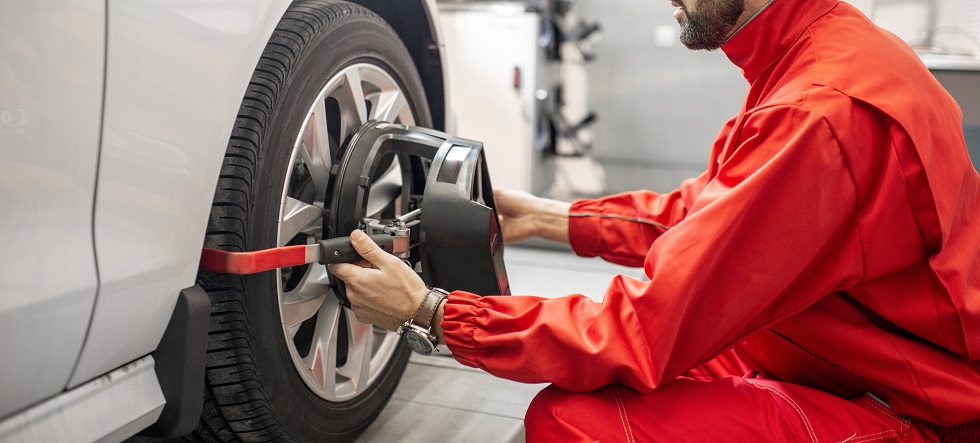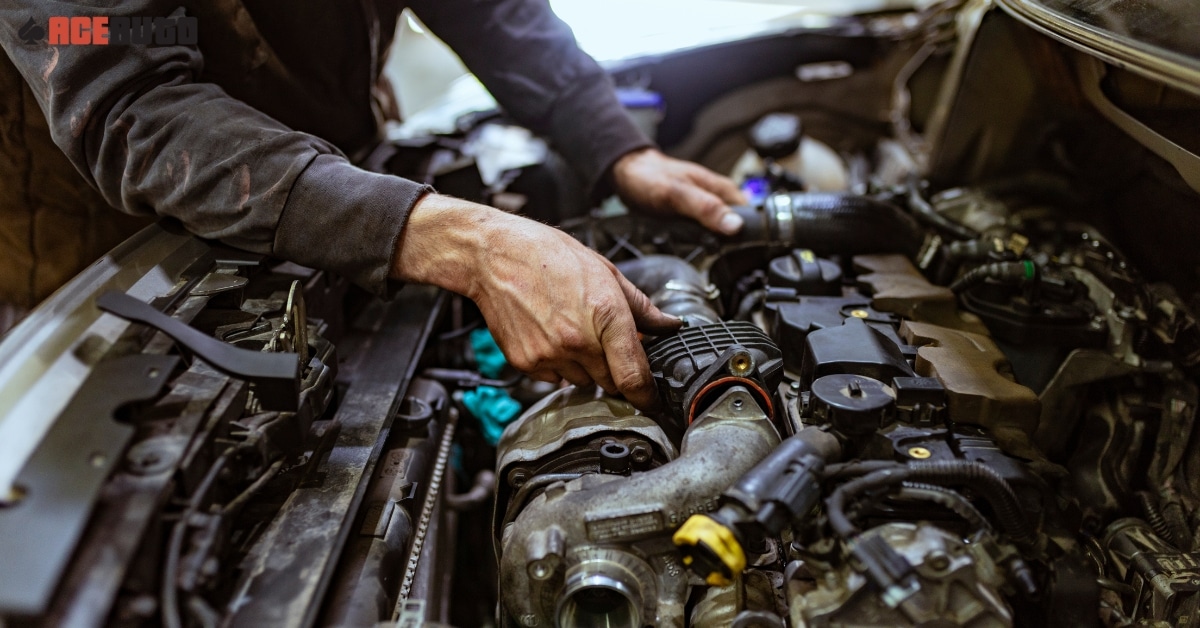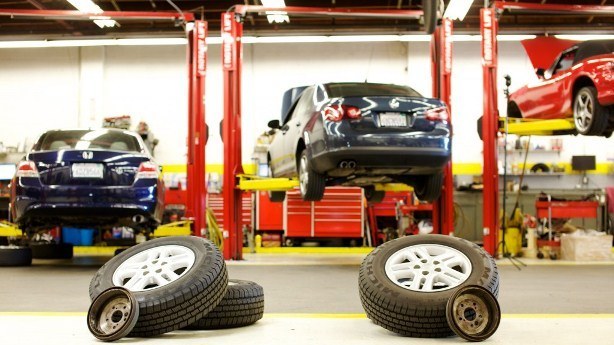All Categories
Featured

When it comes to vehicle upkeep, the brakes are arguably the most crucial system for ensuring your safety. Regular brake assessments are essential to keeping your stopping system in leading condition.
- Why Brake Inspections Are Vital. Brakes are developed to put on down over time, yet without normal evaluations, you may not notice when they end up being less effective. A defective brake system can bring about serious crashes, enhanced repair expenses, and even the requirement to replace other lorry components.
Brake evaluations not only aid you capture possible concerns prior to they intensify, but they also permit for far better braking efficiency, raised car life expectancy, and boosted security.
- Acknowledging Warning Signs for Brake Troubles. While routine assessments are vital, you do not have to wait up until your car's following browse through to the mechanic. Expect these caution signs that might show it's time for an assessment:
Unusual Sounds: A high-pitched screech or grinding audio when using the brakes often signifies that the brake pads are used down or harmed. Soft or Squishy Brake Pedal: If the brake pedal really feels soft or spongy when pressed, there might be air or dampness in the brake lines, or the brake liquid might be low. Drawing away: If the car pulls to one side while braking, it can suggest irregular brake pad wear or a hydraulic problem in the brake system. Resonance in the Steering Wheel or Pedal: If you experience vibration or pulsation when braking, it may be an indicator of distorted blades or irregular brake pad wear. Raised Stopping Distance: If it takes longer than common to bring your vehicle to a quit, it may be time to examine the brake pads, fluid degrees, or blades. If you notice any one of these signs, it's best to have your brakes inspected instantly by a professional.
- Secret Elements Checked During a Brake Assessment. During a brake evaluation, a licensed technician will certainly analyze a number of vital elements of the brake system to ensure they're working correctly. Some of one of the most fundamental parts to inspect consist of:
Brake Pads: These are the rubbing product that presses versus the brake rotor to reduce down the vehicle. Over time, the brake pads put on down and require changing. Brake Rotors: Blades are the metal discs that the brake pads secure down on. They need to be smooth and devoid of deep grooves or cracks. Brake Liquid: The brake liquid moves the force from the pedal to the brakes. Low fluid degrees or old, polluted liquid can result in bad braking efficiency. Brake Lines: Brake lines bring liquid from the master cylinder to the brake parts. They must be checked for leaks, splits, or damage. Brake Calipers: These clamp the brake pads onto the blades. They ought to be in excellent working order and without leaks. Routinely inspecting these elements ensures your braking system operates efficiently and assists you prevent unsafe driving circumstances.
- Exactly how Frequently Should You Obtain Your Brakes Inspected? The regularity of brake examinations relies on your driving routines and the kind of automobile you have. As a general standard, it's recommended to inspect your brakes at least annually or every 12,000 miles. However, if you drive in heavy website traffic, regularly bring hefty loads, or drive on hilly surface, more frequent examinations may be needed.
It's also a good concept to have your brakes inspected if you see any one of the warning signs discussed earlier, as this can protect against extra major problems.
- The Price of Ignoring Brake Inspections. Overlooking routine brake examinations can result in serious consequences. Used brake pads, damaged rotors, or low brake liquid can create your stopping system to fall short when you need it most. Along with the safety dangers, overlooking brake upkeep can result in pricey repair work in the future.
As an example, if the brake pads are not changed in time, the damages can extend to the blades, leading to the need for blades replacement-- an expensive repair work. By scheduling regular brake evaluations, you can stay clear of these costly repairs and maintain your stopping system in excellent problem for longer.

- What Happens During a Brake Evaluation? A specialist auto mechanic will certainly carry out an in-depth assessment of your lorry's braking system, consisting of looking for the following:
Brake Pad Density: Brake pads need to be replaced when they have actually used down to a particular thickness. Rotor Problem: The auto mechanic will certainly examine the rotors for signs of wear, bending, or scoring. Brake Fluid Degree: Reduced brake liquid can influence stopping performance. The auto mechanic will examine the fluid degree and replenish it if necessary. Brake Line Integrity: The brake lines will be inspected for any type of leakages or splits that could endanger the brake system. Once the inspection is full, the mechanic will certainly inform you of any needed repair services or substitutes.
Final Thought: Keep Safe with Routine Brake Inspections. Your brakes are crucial to keeping you and your passengers secure when traveling, so regular brake assessments need to never be neglected. By focusing on indication, scheduling routine brake checks, and dealing with issues quickly, you can guarantee that your brakes are constantly in top form.
Do not wait till your brakes stop working-- remain positive about brake maintenance. A little investment in brake assessments today can conserve you from costly repair work and unsafe scenarios in the future.
Latest Posts
Why Regular Vehicle Maintenance at Montclare Auto Repair Keeps Your Wallet Happy
Discover the Greatest Auto Repair Deals in Montclare, Chicago
Experience Yesterday's Pub: Where Taste Fulfills Custom
More
Latest Posts
Why Regular Vehicle Maintenance at Montclare Auto Repair Keeps Your Wallet Happy
Discover the Greatest Auto Repair Deals in Montclare, Chicago
Experience Yesterday's Pub: Where Taste Fulfills Custom
